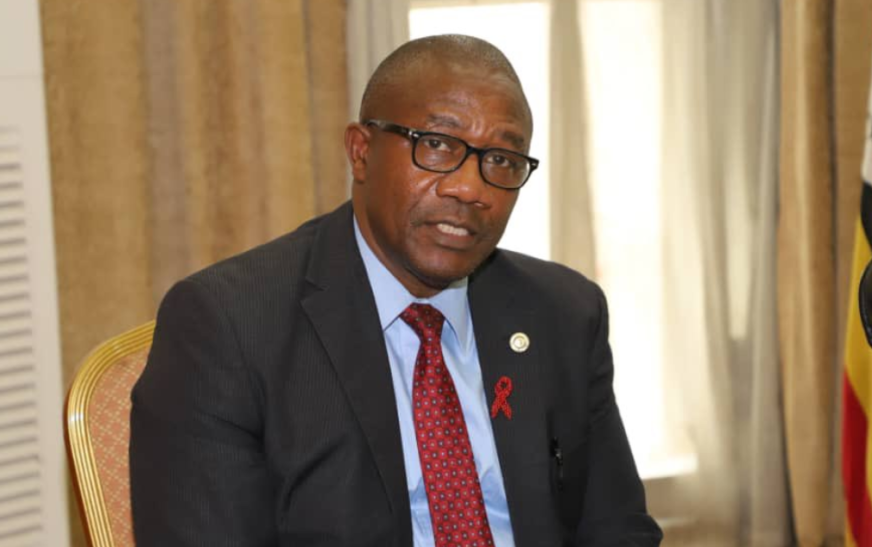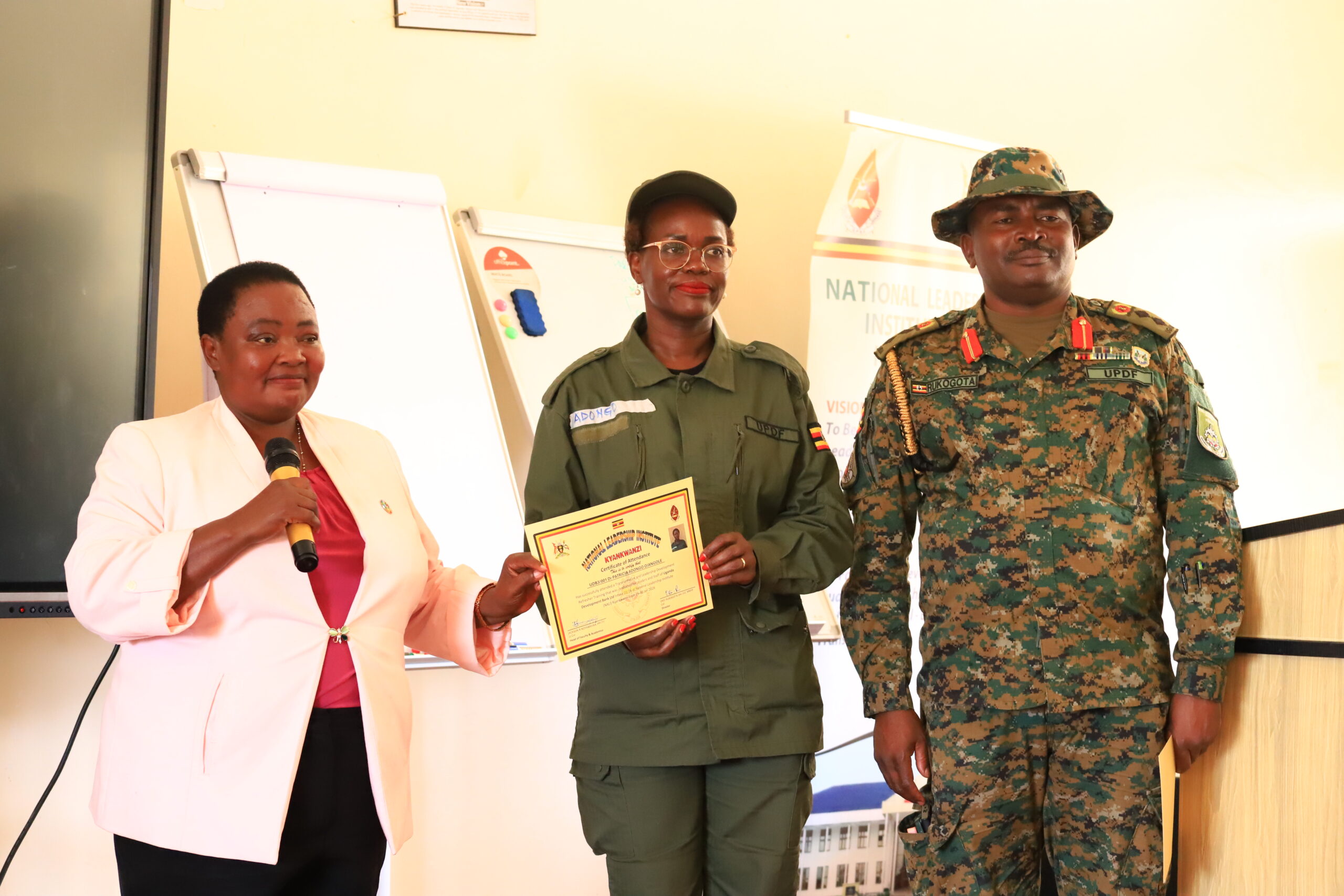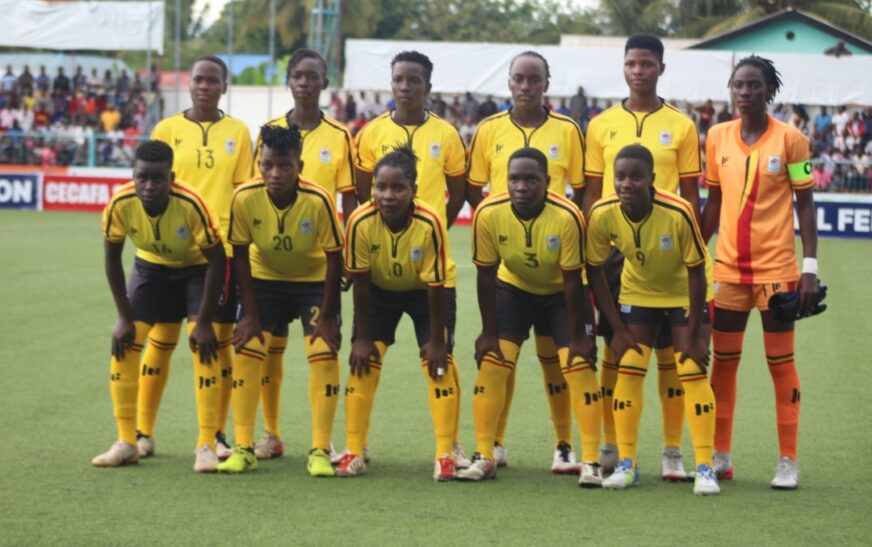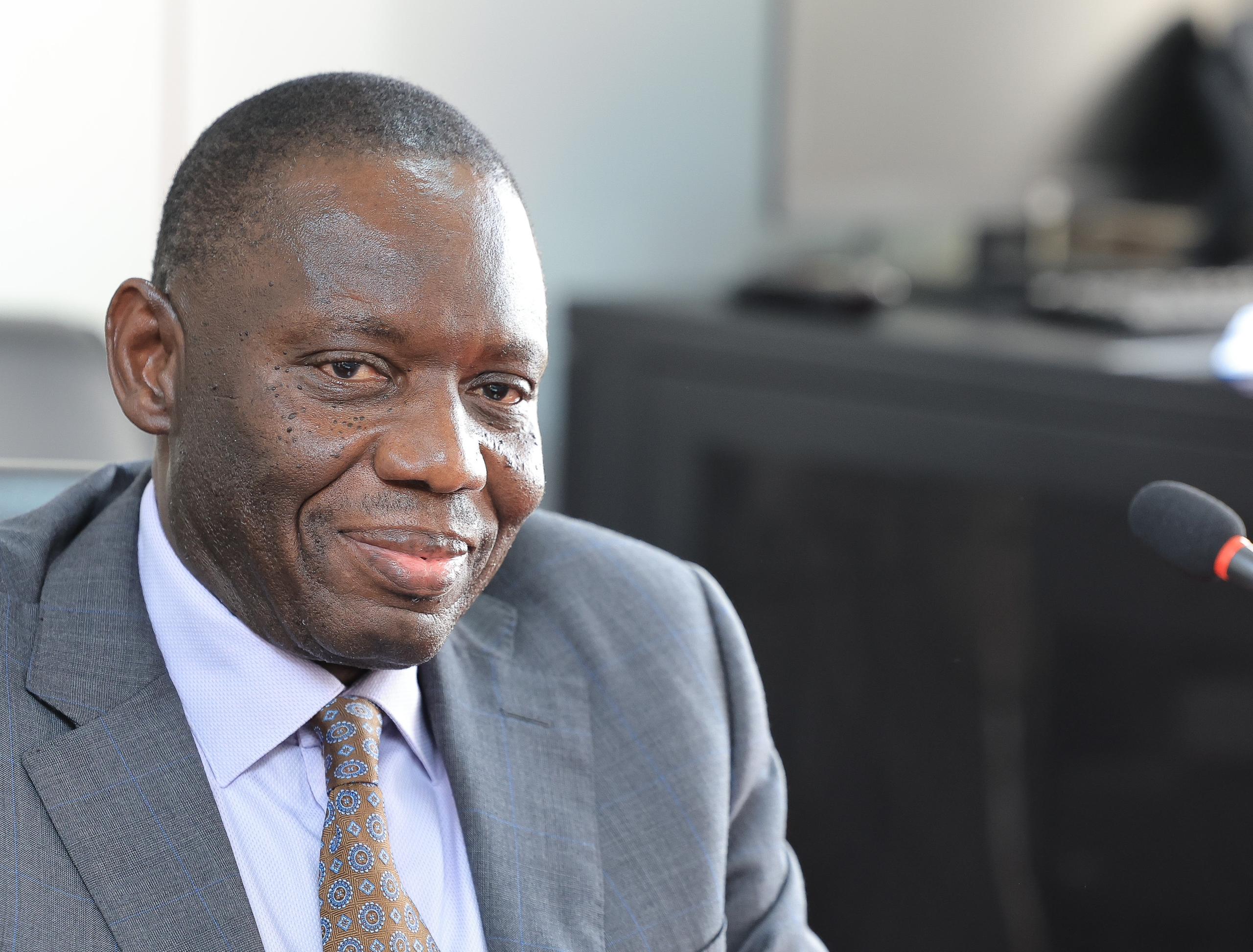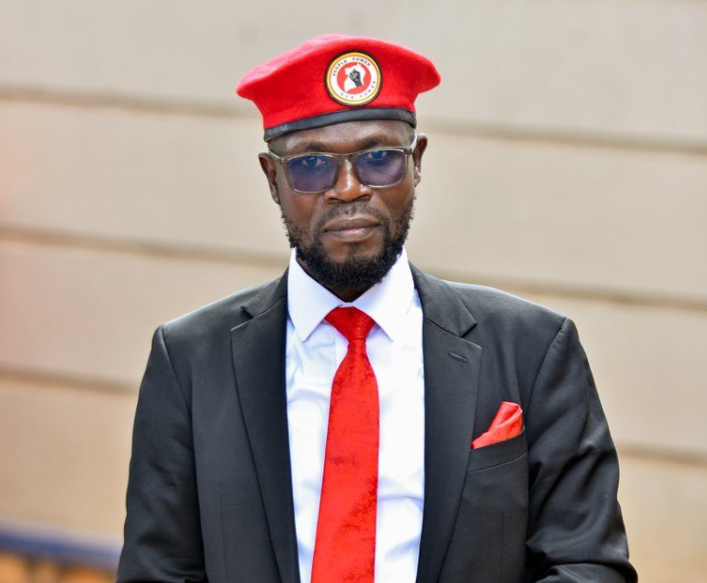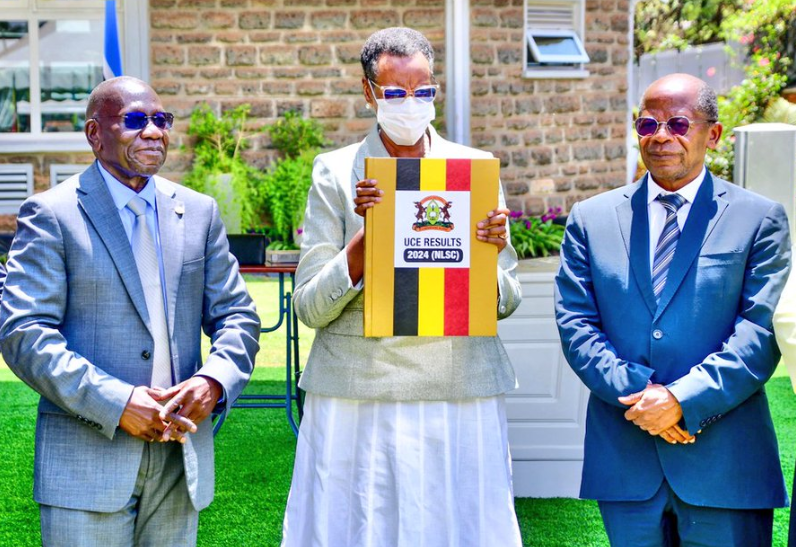The Uganda AIDS Commission (UAC) and AHF Uganda Cares have called for an allocation of Shs300 billion to support critical drugs and laboratory supplies, following the withdrawal of funding from USAID due to recent executive orders issued by the U.S. President.
Officials from the two organizations made this appeal while appearing before the Committee on Health, chaired by Joseph Ruyonga.
Vincent Bagambe, the Director of Planning and Strategic Information at UAC, warned that the withdrawal of U.S. funding threatens Uganda’s progress in combating HIV/AIDS.
“We are at a critical juncture. Uganda has made significant strides in reducing new infections and AIDS-related deaths, but the sudden cut in funding puts these gains at risk. We need an additional Shs300 billion to ensure uninterrupted access to treatment, laboratory monitoring, and other essential services,” he stated.
Uganda currently spends approximately Shs1.9 trillion annually on HIV services, with 60% of this funding coming from donors, primarily the U.S. government through the President’s Emergency Plan for AIDS Relief (PEPFAR). However, executive orders have halted grant disbursements, causing uncertainty among implementing partners. Some organizations have already begun closing clinics and laying off staff.
“If we do not act swiftly, we risk a crisis where thousands of people living with HIV may not receive their medication, increasing the chances of drug resistance and new infections,” Bagambe added.
The UAC has also called for an increase in the HIV Mainstreaming allocation from 0.1% to 0.5% of the national budget. This adjustment would generate an additional Shs200 billion to sustain essential prevention and treatment services.
“The current allocation is inadequate. Increasing it to 0.5% will ensure that critical interventions such as viral load monitoring, counseling services, and logistics for antiretroviral distribution continue without disruption,” Bagambe emphasized.
According to the latest UAC statistics, Uganda has 1.49 million people living with HIV, with a prevalence rate of 5.1%. In 2023 alone, the country recorded 38,000 new infections and 20,000 AIDS-related deaths. Young people aged 15-24, particularly adolescent girls and young women, remain the most affected demographic.
Flavia Kyomukama from the National Forum of People Living with HIV expressed concern over the impact of the funding freeze on access to treatment and support services.
“With the freeze of funding, standalone ART clinics, youth centers, shelters, and safe spaces for people treating HIV/AIDS are being phased out. This will limit access to medication, counseling, and increase stigma,” she warned.
She further highlighted the dire consequences of USAID’s exit, stating, “This is not just a freeze on funding; it is a freeze on our lives. We are slowly dying, and we are asking our Parliament to represent us.”
Trevor Emojel, a Youth Officer at Uganda Cares, urged Parliament to support local pharmaceutical manufacturing by providing tax breaks, low-interest financing, and waivers to companies such as Quality Chemicals. He also called for the fast-tracking of an HIV sustainability strategy with full financing.
UNAIDS Country Director Jacqueline Makokha echoed this sentiment, emphasizing the need for homegrown solutions.
“We need to come up with our own strategies. Solutions will not come from outside; they must come from within, from those of us facing this crisis,” she said.
Buikwe County South MP, Lulume Bayigga, stressed that Uganda must take responsibility for addressing the HIV/AIDS crisis in light of USAID’s exit. He urged local investment in pharmaceutical manufacturing and called for clear strategies to ensure medicine access and stigma reduction.
“If we cut down on our expenditures and establish a basket fund, we can purchase the medicines ourselves,” Bayigga noted.
Namisindwa District Woman Representative, Sarah Netalisire, raised concerns about increased stigma under the proposed integration of HIV services into general outpatient departments.
“We have people who have lived with HIV for over 10 years without disclosing their status. They rely on NGOs to bring medication to them. How will they access treatment if these services are removed?” she questioned.
She called for the operationalization of the AIDS Trust Fund to replace lost donor funding.
Committee Chair Joseph Ruyonga urged the Ministry of Health to prioritize solutions, acknowledging the severity of the funding freeze.
“We may not be able to raise all the funds to maintain services as before. The Ministry of Health should convene a meeting with all stakeholders to find a way forward,” he said.

